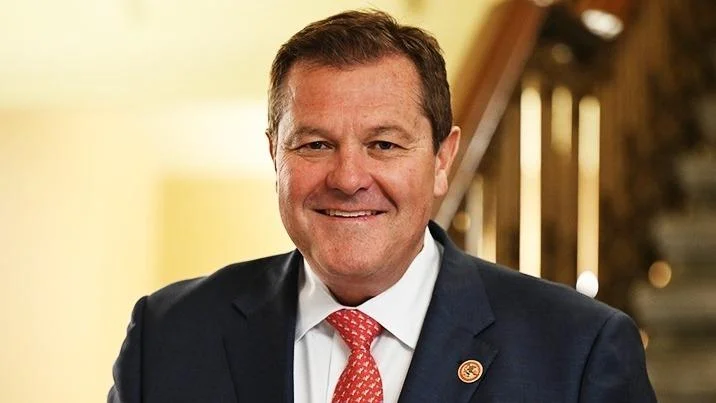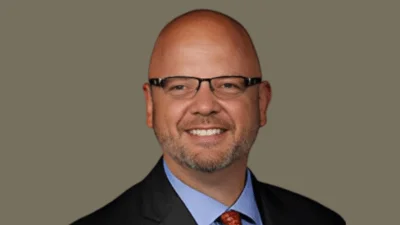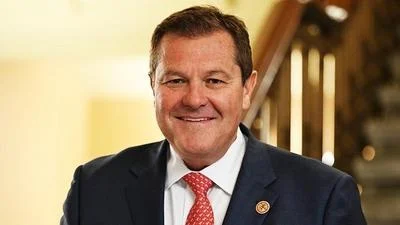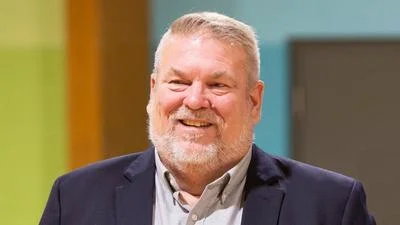Michael J. Coffey Jr., Illinois State Representative for 95th District | www.facebook.com
Michael J. Coffey Jr., Illinois State Representative for 95th District | www.facebook.com
The Illinois General Assembly is set to reconvene in Springfield for its annual two-week Veto Session, scheduled for October 14-16 and October 28-30. The session traditionally focuses on reviewing legislation that has received a total or amendatory veto from the Governor. Lawmakers can override a veto with a three-fifths majority in each chamber or accept the Governor’s changes.
In addition to its standard agenda, the Veto Session is expected to address unresolved issues from the spring and new matters that have emerged over the summer. Two major topics likely to be discussed are a potential bailout for Chicagoland mass transit agencies and a new green energy package (SB 25).
The mass transit agencies under the Regional Transportation Authority (RTA) are facing a significant budget shortfall. This situation was partly caused by the use of federal COVID-19 relief funds for general operating expenses rather than for one-time pandemic-related costs. During the spring session, Democratic lawmakers proposed a bailout plan that included several tax increases, such as a $1.50 delivery tax on most packages delivered to homes, including groceries.
"Groceries and medications are essentials that families rely on, and taxing packages being delivered to homes is not the solution to fund the CTA," said State Representative Mike Coffey. "Family budgets are already tight, and adding more taxes to services would be devastating for many people across the state of Illinois."
Additional tax proposals may also be considered during the session. These include a new service tax that could apply to over eighty everyday services like parking, haircuts, dry cleaning, oil changes, and home repairs. Such a tax could increase costs for residents across Illinois.
On energy policy, Democratic lawmakers and environmental groups are advocating for further expansion of green energy initiatives. The current proposal includes a surcharge on electric bills to fund battery storage projects, easing some nuclear power restrictions, and introducing new energy efficiency requirements.
"There is a smarter path forward in Illinois to produce cheap and efficient energy, but we have to look at the reality of our current situation and the red flags that point to higher demand and less production," Coffey said. "When you look at the big picture, Illinois does not have the power to supply AI data centers, residential homes, and businesses. The economic reality of mandating electrification in Illinois is sinking in, and it’s created a financial burden on everyone in our state."
Concerns about Illinois’s Biometric Information and Privacy Act (BIPA) and energy limitations are also affecting business confidence, particularly in the technology and construction sectors.
Governor J.B. Pritzker recently signed a $55.2 billion budget for Illinois, marking a roughly 40% increase in state spending since he took office. Last week, citing concerns over federal funding, he issued an Executive Order directing state agencies to identify spending cuts and reserve four percent of their appropriations.
Coffey, a Republican, was elected to the Illinois State House in 2023 to represent the state's 95th House District, replacing previous state representative Tim Butler.
Republican lawmakers have criticized ongoing increases in state spending and called for reforms related to taxes, public safety policies, and government ethics. However, there has been little discussion by the majority party about providing tax relief or addressing other reforms ahead of the Veto Session.






 Alerts Sign-up
Alerts Sign-up